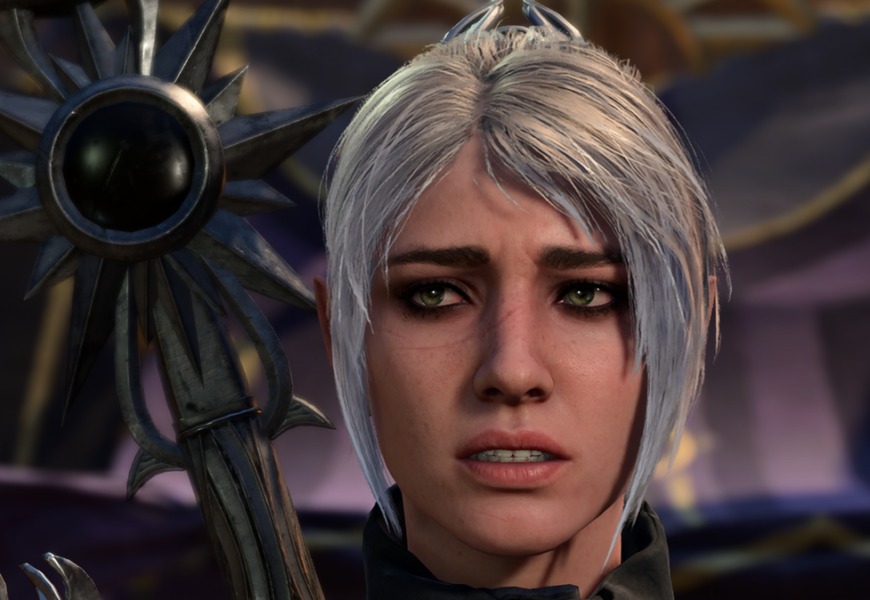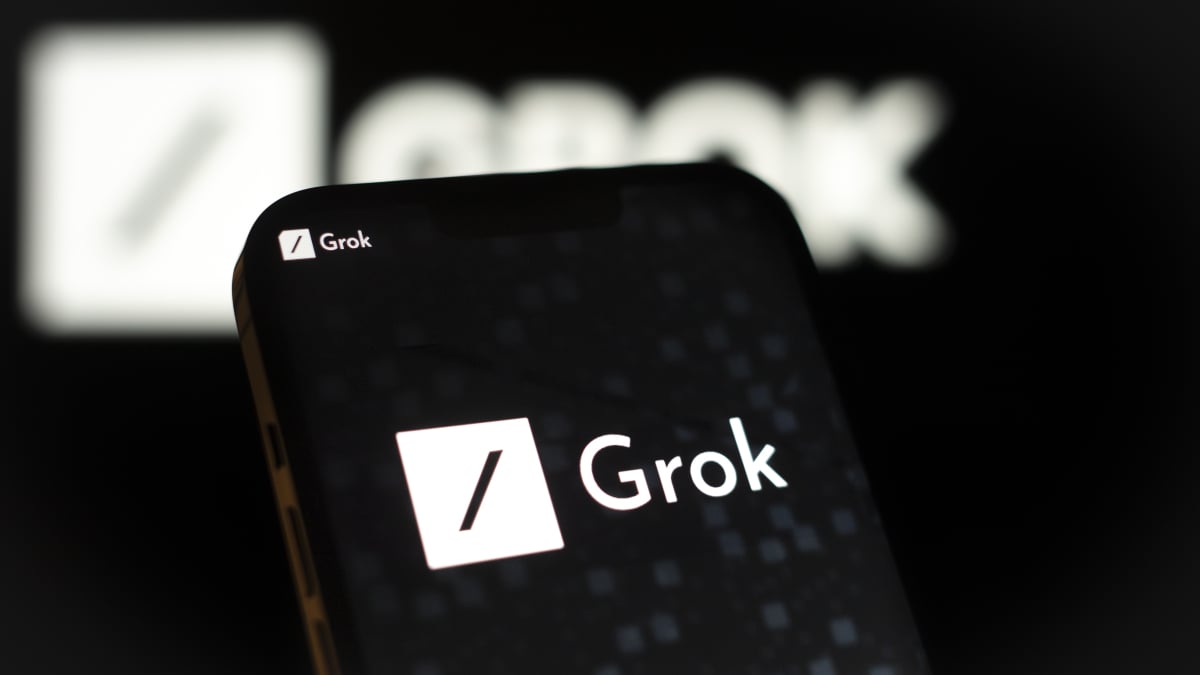Despite the lively atmosphere at the event, the voice actors from Baldur’s Gate 3 and other notable games of 2023 expressed concerns and strong disapproval towards AI voiceover tools, particularly unauthorized use of their voices, as observed by Eurogamer at the BAFTAs.
Amelia Tyler, known for her narration in BG3, shared instances where her recorded performances were manipulated without consent for inappropriate purposes, stating, “I discovered my own voice being utilized to convey menacing content without my authorization.”
“This is the extent of the challenges we have faced since this practice emerged, and it has been incredibly distressing,” she added.
Tyler emphasized that such utilization of her voice feels like not just a violation of her work but of her identity as well. While she appreciates the creativity in videogame modding, she firmly believes that using her voice to create content without permission should be deemed illegal.
Andrew Wincott, a seasoned professional in the industry, highlighted the discrepancy between the effort put in (10 hours of work for 40 hours of production) and the need for fair compensation for the entire duration. Despite the recent agreement under SAG-AFTRA, both Wincott and Samantha Béart, who portrayed Karlach in BG3, raised concerns regarding the potential legal implications of AI replication efficiency.
Actors from various games, including Ben Starr and Ralph Ineson from Final Fantasy 16, and David Harewood from Alan Wake 2, also expressed reservations about this technology. Neil Newbon, the voice behind Astarion in BG3, expressed optimism due to the discernible quality gap between artificial and real actors, emphasizing the irreplaceable essence that skilled actors bring to the table.
“I believe many individuals in the gaming industry prefer working with actors for the unique qualities and craftsmanship we offer,” Newbon remarked. “Craft cannot be programmed; it transcends binary code and algorithms. It’s almost magical.”
Voice actors staunchly oppose AI tools due to the impact on artistry and their livelihoods. However, Amelia Tyler highlighted a nuanced perspective concerning modding and independent projects.
In alignment with long-time Elder Scrolls/Fallout actor Wes Johnson, Tyler emphasized the ethical concerns surrounding using AI to replicate an actor’s voice without consent. The violation of trust inherent in AI voice cloning was likened to a form of abuse.
(Image credit: Nathan O. Marsh)
The discussion also touched on the challenges faced by the modding community in voice acting, as highlighted by PCG news writer Joshua Wolens. Despite the imperfections, real voice acting retains a unique essence that can lead to unexpected and delightful outcomes, as Neil Newbon pointed out in his Eurogamer interview.
The debate around AI voice tools is further exemplified by the case of South Scrimshaw Part One, a free visual novel depicting an alien whale documentary akin to Planet Earth. Developed single-handedly by N. O. Marsh alongside a restaurant job, the game’s narration was generated using a standard AI voice tool commonly found on platforms like TikTok.
While some may question the use of synthesized voices in place of human performances, South Scrimshaw effectively utilizes the even, emotionless delivery of the AI-generated voice within a documentary context. Marsh’s transparent approach in the credits and the practicality of leveraging AI tools in the absence of extensive resources present a compelling case for the integration of AI in creative endeavors.










